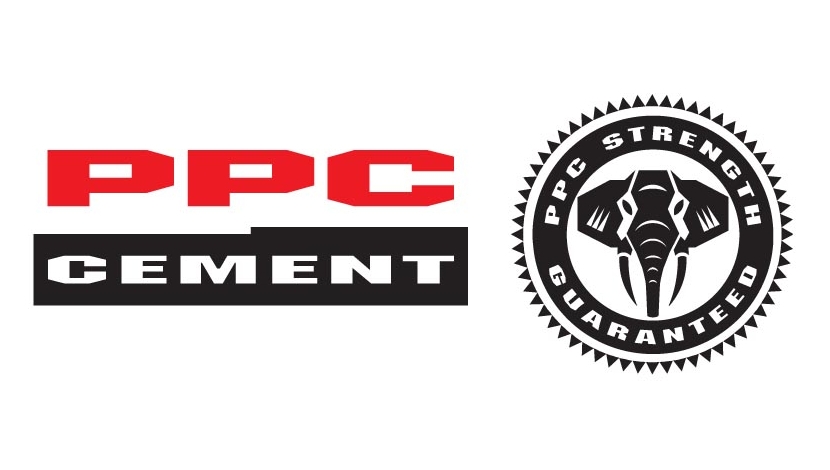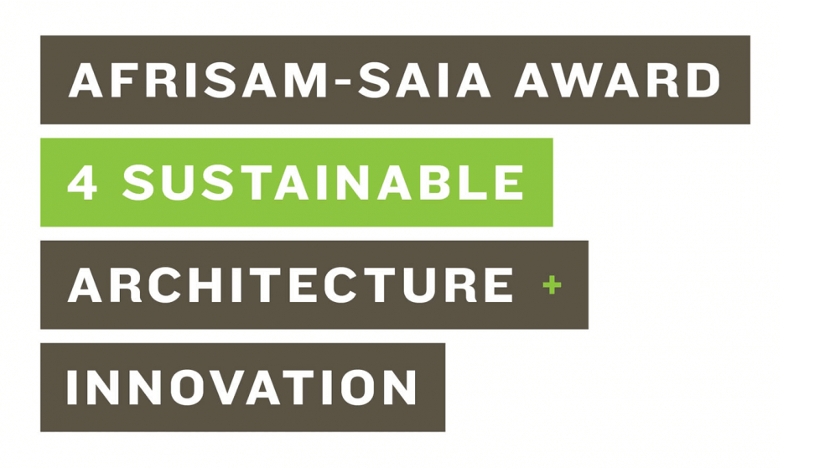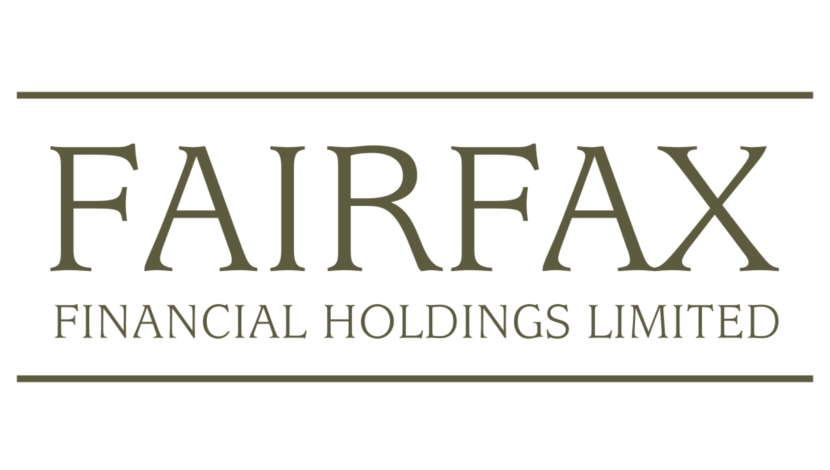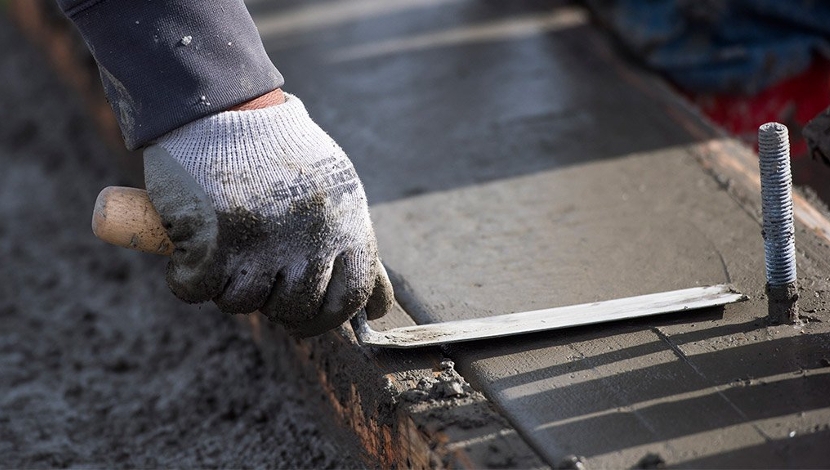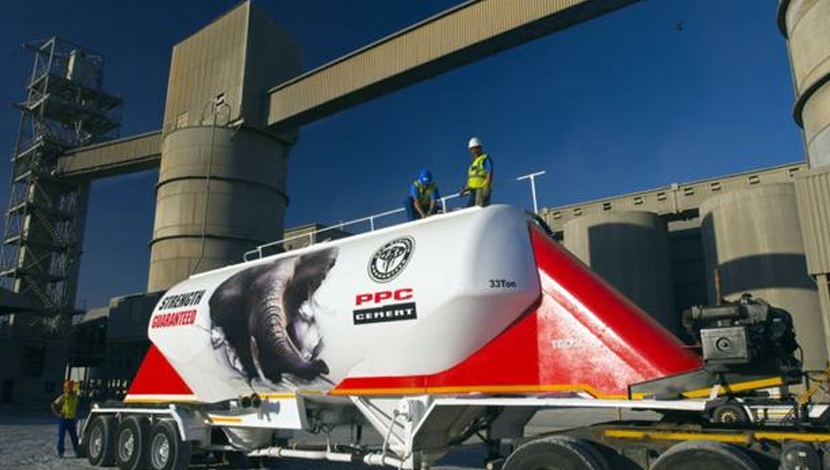
![PPC, AfriSam embark on second merger attempt in changed landscape - [https://irs.iol.co.za/image/1/process/722x407?source=https://inm-baobab-prod-eu-west-1.s3.amazonaws.com/public/inm/media/file/1/1422847/1352878318/image/844215691.jpg]](https://concretetrends.dmgeventslive.com/wp-content/uploads/2017/02/d314d558a192d866e3e742f6f232cc6f.jpg)
Despite some tentative, mixed responses and competition authority uncertainty, PPC and AfriSam believe this is the right time for them to take another shot at merging in an environment primed for consolidation.
Two years after abandoning the first attempt at a merger, PPC CEO Darryll Castle on Monday said both PPC and the cement industry’s environment had evolved to such a point that consolidation was “inevitable”.
PPC and AfriSam on Monday announced they are considering the large merger to potentially unlock the capabilities to create a major African cement producer that is able to compete more comfortably in the global cement market.
PPC’s share price on the JSE rose some 4% following the signing of a heads of terms to assess the merits of a potential merger, with the “current market circumstances” warranting the start of formal merger discussions.
“The time is right,” Castle told analysts and media during conference calls aimed at unpacking the start of the assessment phase for the potential tie-up.
Early in 2015, PPC walked away from an AfriSam-driven merger, when the impact of new and emerging entrants Sephaku Cement and Mamba Cement had not yet fully hit the market and the competition authority remedies of the then-merger had overshadowed the reward outcomes.
It made more sense at the time for PPC to focus internally on its cost base and drive efficiencies.
Fast forward two years, the industry had been impacted by the entry of two new players in a difficult economy saddled with high volumes of imports – and PPC had “achieved what it set out to achieve” in cost savings and efficiencies through internal initiatives.
Now, with a changed landscape and saturated market leaning towards consolidation, it was “better” for PPC to take a leading role and be the “master of its own destiny”.
“We now have to look at consolidation in the industry. Consolidation will happen in some way – do we want to be in the driving seat or do we just let it happen around us?” Castle questioned.
Competition regulations also remained a large uncertainty, given that PPC and AfriSam are dominant cement producers in South Africa.
“In South Africa, PPC is already the dominant player and merging with AfriSam would create an entity with more than 60% market share, which would dominate the Western Cape and become more competitive in the inland region, [and] Gauteng in particular,” Afrifocus Securities construction and building materials equity analyst Tinashe Kambadza told Engineering News Online.
PPC and AfriSam have said they will assess the remedies put forth by the authorities should the merger reach that stage. Economic Development Minister Ebrahim Patelsaid it was premature for him to comment on the deal, but emphasised the importance of fostering greater competition in key sectors of the economy.
“You will have to give me an opportunity to apply my mind and I will need to work through the processes set out in the Competition Act. The important thing, though, is competition is fundamental to maintaining low prices and availability of supply. So however we look at the structure of any sector, we want to see nimble competitors going at each other, trying to reduce prices, improve quality, improve service delivery and so on. So we will certainly look at any transaction to see both the competition effects, as well as the public-interest consequences thereof.”
Should the proposed merger proceed, it is expected to result in the creation of a South African-owned cement producer that is financially stronger, operationally more efficient, has deeper technical capability and is well placed to develop as a major African cement producer.
“With PPC only entering negotiations for now, they may also be allowing for a reasonable assessment of their own operations, as well as market conditions, before an actual merger happens,” Kambadza said.
While the proposed merger would create an entity with an estimated total capacity of 16.8-million tonnes, comprising PPC’s 11-million tonnes and AfriSam’s 5.8-million tonnes – and consolidate the duo’s interests in several African regions – the enlarged firm would remain overshadowed on the continent as a whole by cement giants Dangote and Lafarge.
However, Castle remained confident of the potential of the proposed merger. “There will be significant synergies [as a result of the merger] and the shareholders will share in those synergies,” Castle assured participants – some of whom seemed sceptical – in a teleconference to discuss the merger.
Some analysts had, during the conference call, questioned the likely benefits of the proposed deal for PPC, viewing the deal as delivering a one-sided benefit to AfriSam, with the initial suggestion being made that the deal may look like it made a lot of sense for PPC shareholders. “There are a lot of unknowns here, [but] it is in our interest as PPC to try and do this transaction,” Castle assured, noting that a lot of work and surface analysis had been done over the past five months and that a lot more in-depth work was under way.
“We believe that we come out in a net positive position for our shareholders,” he added. Kambadza commented that, in terms of increasing market share, the proposed tie-up would make sense, and with PPC’s improved financial position following its balance sheet restructure, the group could potentially acquire the AfriSam assets at a discount.
PPC and AfriSam will spend the next six months analysing and undertaking due diligence. While the parties jointly assess the value that can potentially be unlocked, the progression of the deal to the next phase will depend on whether the merged entity will have similar levels of gearing to PPC with sufficient financial liquidity; an agreement in place over the merger ratio; and be significantly empowered.

